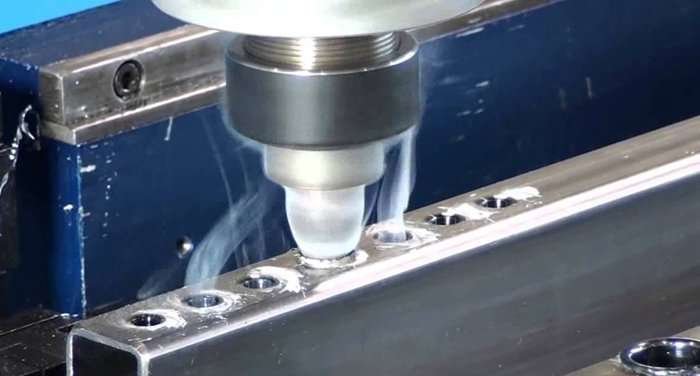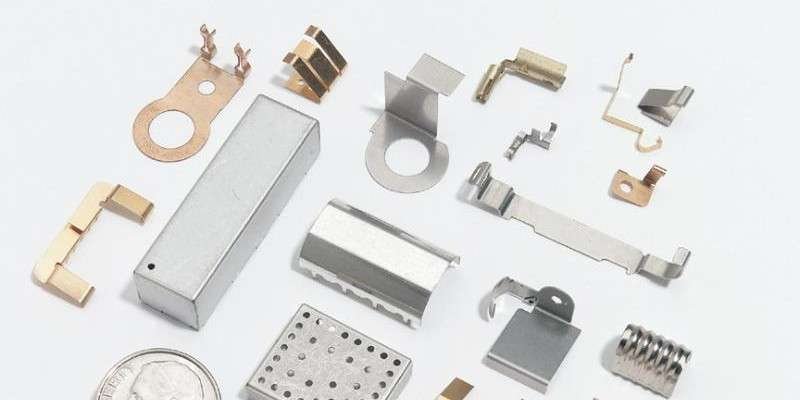It is the essence of CNC machining that remains pivotal, serving as the backbone of industrial progression. Here, metal metamorphoses into integral components like gears, axles, pistons, sleeves, and pins. These components are the unsung heroes behind the seamless functioning of airplanes, modern trains, and the vast array of machines crucial to our societal well-being.
Each meticulously crafted steel piece aligns perfectly within the assembly line, potentially situated miles away from its origin, the machine shop.
Table of Contents
TogglePreparation and Precision in Drilling
Before embarking on the drilling journey, verification of the rough stock against the blueprint is imperative to ascertain its compatibility. Each assignment adheres to a set protocol outlined in a straightforward manner in the plans. The operator, envisioning the tasks ahead, sets up the lathe for the job, focusing predominantly on the work centralized in the hole.
The placement of the stock, usually in a chuck due to its raw state, necessitates precision and caution, ensuring the stock is securely positioned and center-aligned for the subsequent facing and truing cuts. The implementation of a right-hand facing tool is pivotal for this stage, necessitating accurate alignment with the stock’s centerline.

Innovations in CNC Drilling
Following the scrutiny of the drawing for taper dimensions, selecting a smaller drill becomes essential, allowing ample metal for further refining and forming the taper. The integration of a centering tool often aids in creating a guidehole at the center.
Subsequently, the drill is methodically hand-fed into this center hole, ensuring precision. The utilization of cutting oil as a lubricant during this procedure is a standard practice, maintaining operational smoothness and enhancing the lifespan of the tool.
Accuracy in Boring Operations
The pursuit of internal tapering with the utmost accuracy necessitates the utilization of a taper attachment, which is anchored to the lathe bed. This attachment, coupled with meticulous setting according to the specified taper, guarantees that the cuts are made at the desired angle. A detailed examination of the drawing precedes any setting adjustments to the taper attachment.
The boring tool, characterized by its elongated shank, necessitates sharpness and proper support, typically provided by a V-block tool holder, to carry out its function proficiently.
Precision Reaming and Final Adjustments
Reaming represents the conclusive phase of machining, requiring meticulous attention and precision. The machine reamer, meticulously positioned in the tail spindle, is carefully fed into the hole. Proper lubrication through cutting oil is essential during this step. The cautious progression of the reamer into the work, coupled with regular checking using a plug gauge, ensures the hole meets the exact specifications.
It’s vital to note that the reamer should not be forced or turned backward in the hole to avoid any damage to the meticulously crafted piece.
Summation of Machining Mastery
The transformation from rough stock to a polished gear blank involves several meticulous steps. Initially, the rough stock’s face undergoes a finishing cut, followed by precision drilling. Subsequently, a boring tool carves the taper to its rough size, and finally, a reamer refines the taper to perfection. Each step in this transformation is a testament to the detailed and precise nature of machining, highlighting the unparalleled mastery involved in creating components that are integral to our modern world.



